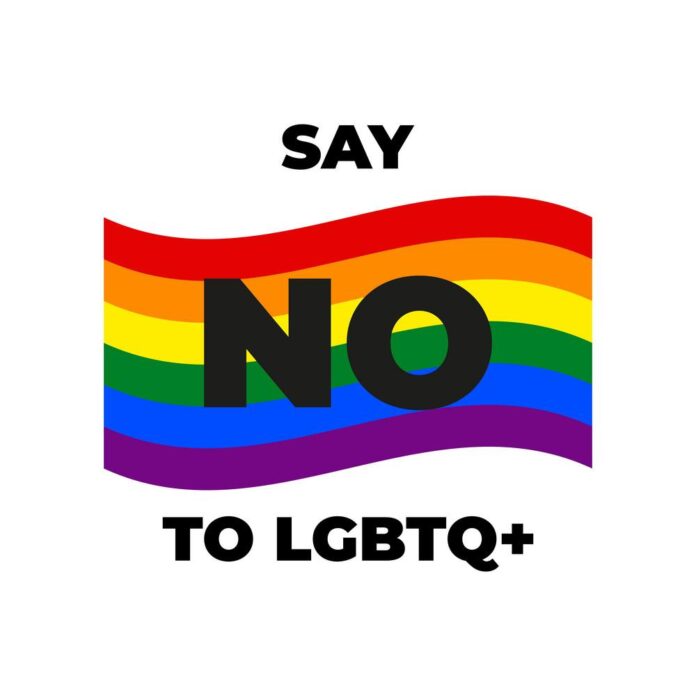The International AIDS Society, the world’s largest association of HIV/AIDS professionals; aimed at reducing the global impact of AIDS, through collective advocacy, seems worried over a recent bill passed into law by the Ugandan parliament banning same-sex relations in the country.
The society considers the Ugandan anti-gay law as a threat to human rights and progress in the HIV response; an extreme violation of human rights threatening to reverse the country’s progress in the HIV response, if immediate measures are not taken.
“The legislation was passed on Tuesday, 21 March, and the next step is for President Yoweri Museveni to sign it into law. More than 30 African countries have banned same-sex relations, and the Ugandan law goes further, making it a crime to even identify as lesbian, gay, bisexual, trans or queer (LGBTQ+), and obligating families and friends to report people in same-sex relationships to authorities.
It imposes lengthy jail sentences, including life in prison for gay sex, and the death penalty for “aggravated” homosexuality, which includes sex when the “offender” is a person living with HIV”.
According to a press release by the Society’s public affairs team, last week Wednesday, “the legislation will only reinforce stigma and discrimination against the LGBTQ+ community and hamper progress on ensuring safe access to health services”.
Criminalizing LGBTQ+ people is wholly incompatible with an effective HIV response. While Uganda has made considerable gains in reducing the impact of HIV, gay men and other men who have sex with men, trans people and sex workers continue to be less likely than the general population to access HIV treatment, prevention and care services and will be further threatened by this legislation, the Society has said.
“In 2021, key populations (gay men and other men who have sex with men, people who inject drugs, trans people, and sex workers) and their sexual partners accounted for 51% of new HIV acquisitions in central, eastern, southern and western Africa. This underscores the urgent need for governments in the region to work with, not against, communities most vulnerable to HIV.
The legislation is also completely in opposition to President Museveni’s stated support for the HIV response. UNAIDS and others lauded the President when he launched The Presidential Fast-track Initiative on ending HIV & AIDS in Uganda by 2030, the first such initiative globally”.
“The IAS calls on President Museveni to scrap the Anti-Homosexuality Bill 2023 and ground Uganda’s laws and policies in science rather than prejudice. We urge the Government of Uganda to provide a legal environment that protects – rather than prosecutes – gay men and other men who have sex with men, people who use drugs, trans people and sex workers to safely access HIV and other health services”.












































